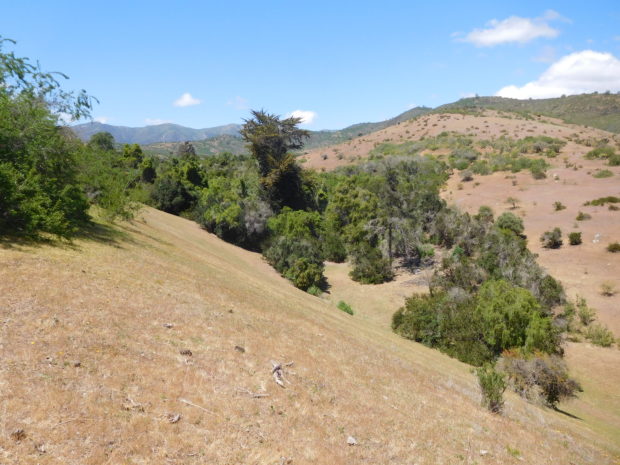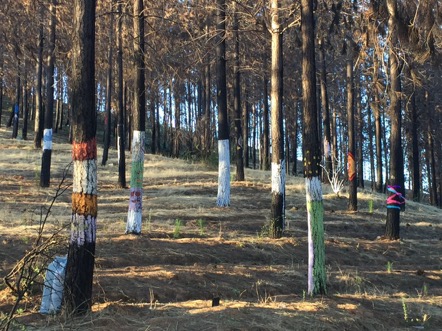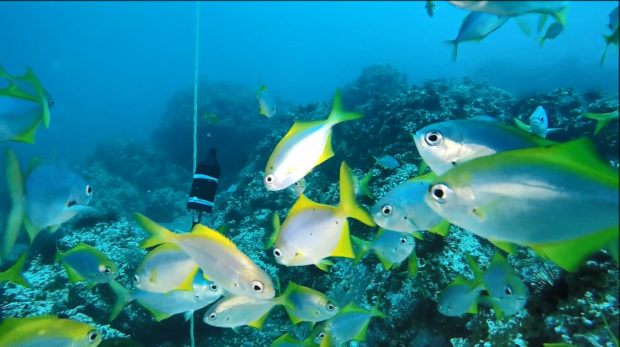By Paula Díaz Levi
Despite the original abundance of its natural resources, mismanagement has led Chile to a serious water deficit. This is demonstrated by three emblematic cases where the major protagonists are fossil waters, avocados and rain forests.
Chile is a land of contrasts. In the north lies one of the most arid deserts on the planet, the central zone hosts one of the five Mediterranean ecosystems of the world and the south is marked by rain and lush forests.



